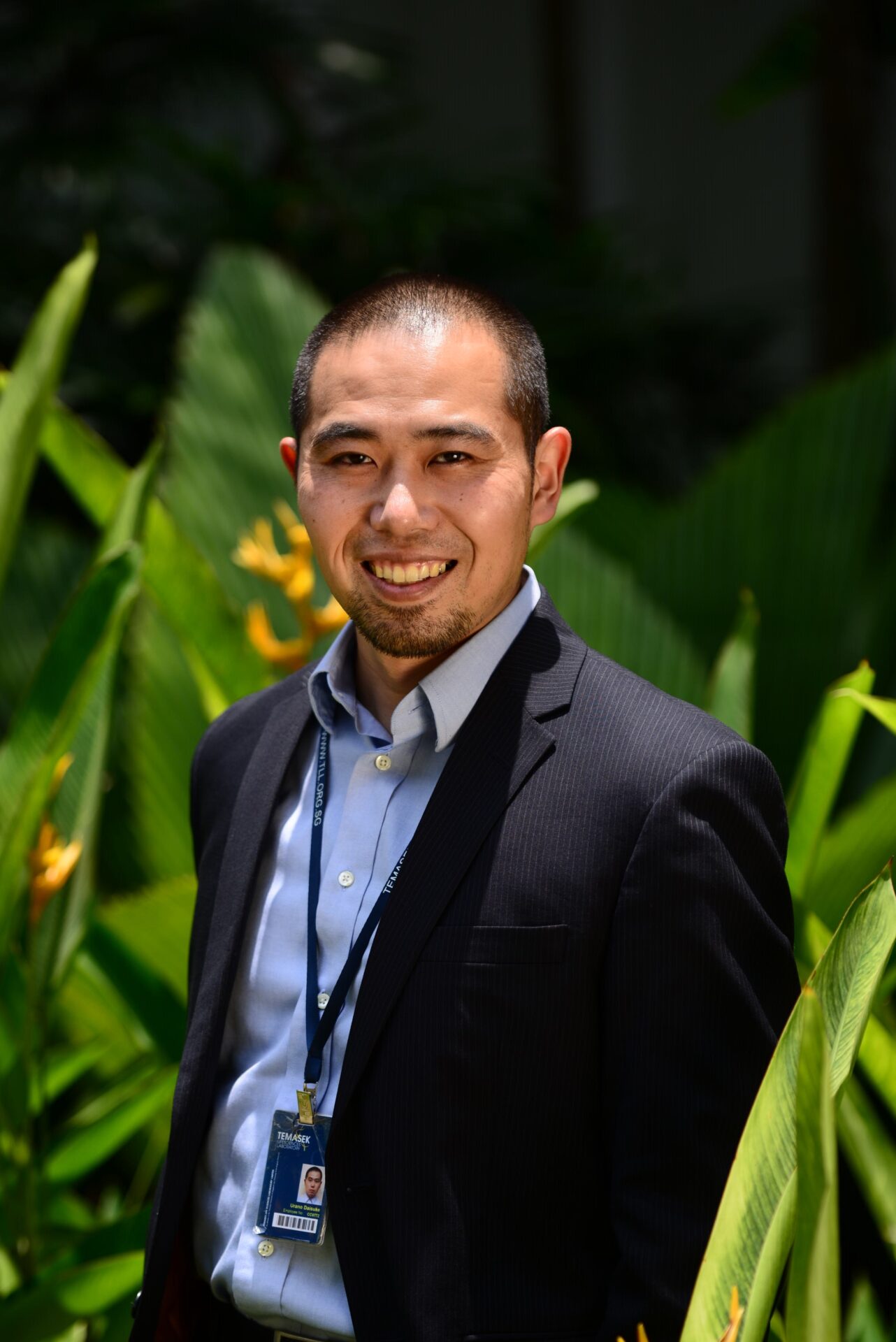
Impact
Precision agriculture is an emerging approach for sustainable food production. By optimizing processes from crop breeding to pest control and food logistics utilizing real-time data, we can enhance food production while minimizing waste and environmental impacts. Plant diversity, adapted to various environments, reveals evolutionary strategies for resilience in a changing climate. Natural, biodegradable nanotechnology, often inspired by diverse organisms, is also essential for sustainable, eco-friendly precision agriculture. Through this research, we aim to provide innovative solutions tailored to region- and climate-specific needs in agriculture and biotechnology.
Collaborations, Achievements & Honours
- Elucidated evolutionary mechanisms by which plant species adapt to diverse environmental and nutritional conditions.
- Conceptualized and established a High-Precision & Performance Agriculture facility specialized in indoor farming. The facility can control various environmental factors, such as light intensity and quality, nutrient composition, temperature, and CO2 concentration, with automated monitoring of these essential parameters for optimal agricultural production.
- Applied hyperspectral reflectance imaging, fluorescence imaging, Fourier-transform infrared (FTIR) spectroscopy, and Raman spectroscopy techniques for plant stress diagnostics.
- Developed nanotechnologies for precise delivery of small compounds into plants and detection of specific compounds under the Disruptive and Sustainable Technologies for Agricultural Precision (DiSTAP) program.
- Collaborated with international and regional industry partners to optimize indoor farming protocols for leafy green production, including Bok Choy, Choy Sum, and lettuce.
- Granted research on High Performance Precision Agriculture (HiPPA) by A*STAR (2020-2024)
- Granted research on Disruptive and Sustainable Technologies for Agricultural Precision (DiSTAP) by National Research Foundation (2018-current)
Research Areas
Computational Biology, Precision Agriculture, Plant Bio- and Nano-technology
Affiliations
- Senior Principal Investigator, TLL
- Adjunct Assistant Professor, Department of Biological Sciences, NUS
Question
How can eco-friendly precision agriculture be achieved by computational biology and plant bio- and nano-technologies?
Approach
Plant diversity, shaped over billions of years, offers valuable insights into various agrotechnologies, including molecular crop breeding, biodegradable nanotechnologies, and precision farm management. Our lab employs functional genomics and computational biology approaches to uncover the molecular mechanisms by which plant species adapt to diverse environmental conditions. These environmental conditions can often be replicated in agricultural settings, such as indoor farming, to improve crop nutritional values and enhance stress resilience. Understanding these mechanisms also informs strategies for molecular breeding to achieve desired traits, such as improved plant architecture, taste and nutritional profiles, and stress tolerance. With advanced plant biotechnologies, such as precision genome editing, we streamline the process from computational identification of genome targets to the generation of tailored crop varieties that meet region- and climate-specific agricultural needs.
The ultimate goal of precision agriculture research is to achieve maximum production with minimal resource usage across diverse farming systems. This is further enhanced by automated data collection and farm management tools, including computer vision algorithms for automating indoor farming, integrating optical and chemical sensors (e.g., hyperspectral imaging, fluorescence sensors, and single-walled carbon nanotube sensors), and developing image databases for anomaly detection.
Agrochemicals (e.g., fertilizers and pesticides) are another key component in agriculture; however, their environmental impact has recently come to light. Our lab under the Disruptive & Sustainable Technologies for Agricultural Precision (DiSTAP) program is developing nanotechnologies to replace conventional agrochemicals with biodegradable, eco-friendly alternatives, and creating solutions that minimize agrochemical use while maintaining their effectiveness.
Our comprehensive solutions aim to shape precision and eco-friendly agricultural systems, contributing to sustainable food production.
Bio
Daisuke received his Bachelor in Agricultural Engineering from University of Tokyo. He then completed his predoctoral training in Biological Sciences, focusing on molecular pharmacology, at Nara Institute of Science and Technology. Daisuke also completed postdoctoral training in fundamental plant science at University of North Carolina. During his pre- and post-doctoral training, he explored signal transduction mechanisms involving heterotrimeric G proteins in mammals, plants, and some protists using computational and biochemical approaches. He is currently Senior Principal Investigator in TLL and Adjunct Assistant Professor at NUS.
Senior Principal Investigator
Daisuke Urano
The lab studies how computational biology, biotechnology, and nanotechnology can be applied to precision agriculture that optimizes sustainable food production in a changing climate.
Group Publications
-
Bayesian Optimization with Cost-varying Variable Subsets
Tay SS, Foo CS, Urano D, Leong R, Low BKH.
